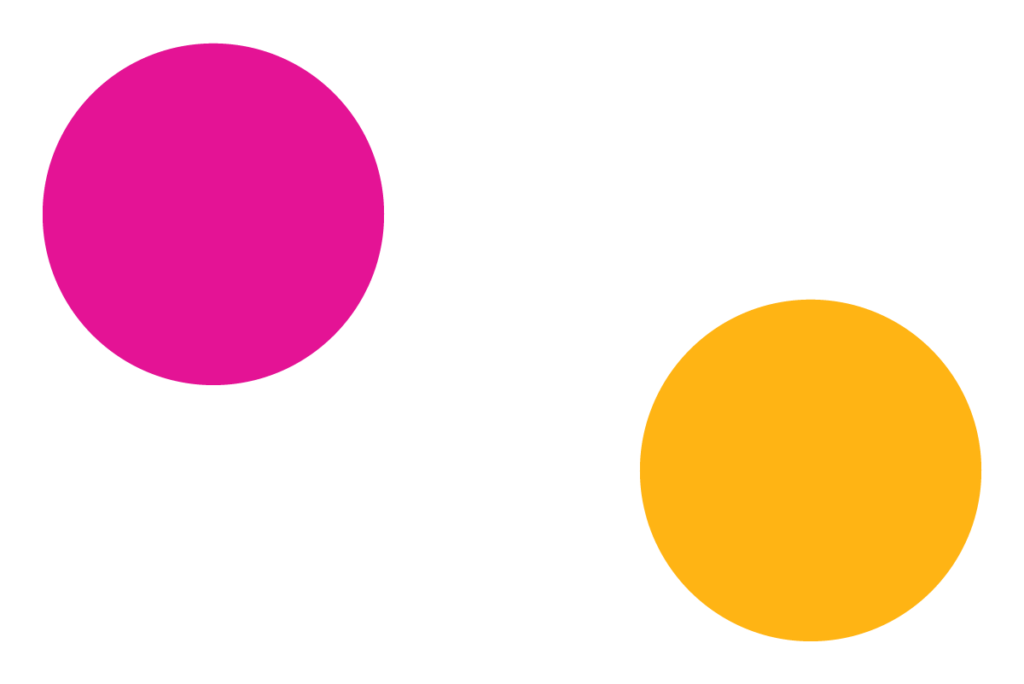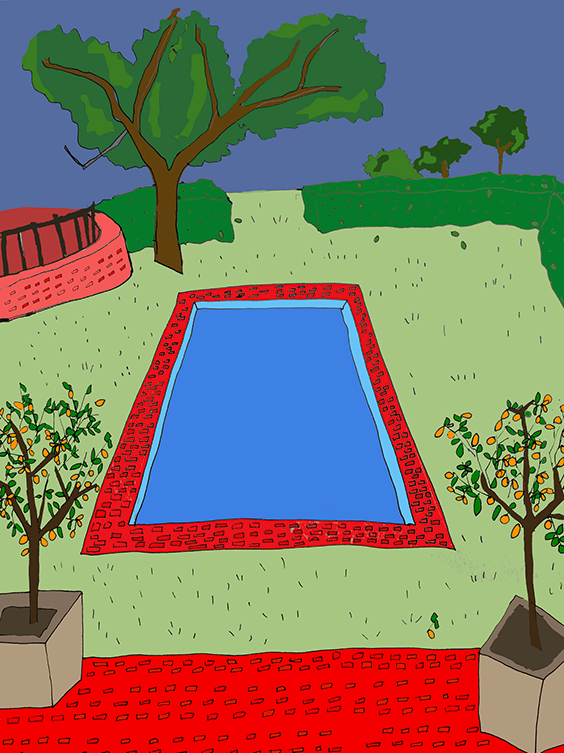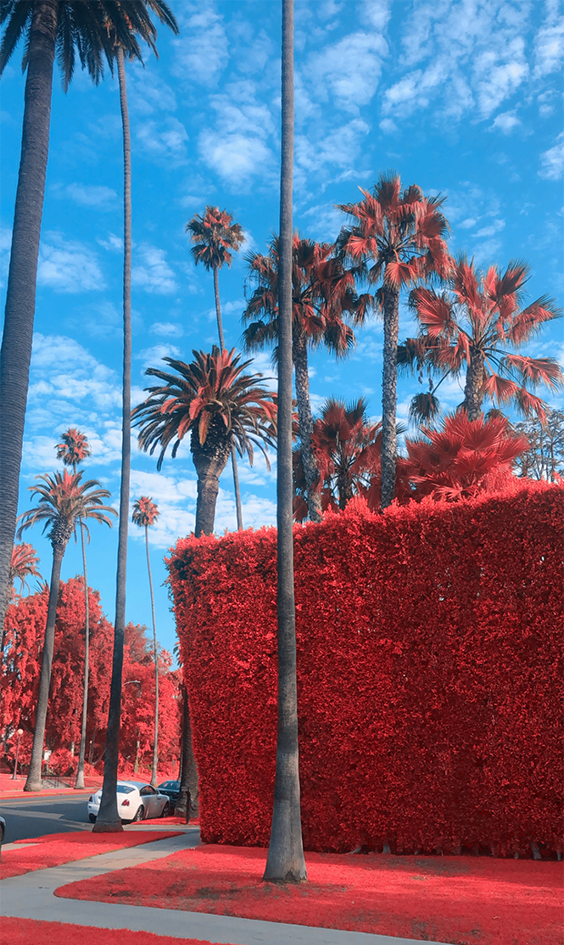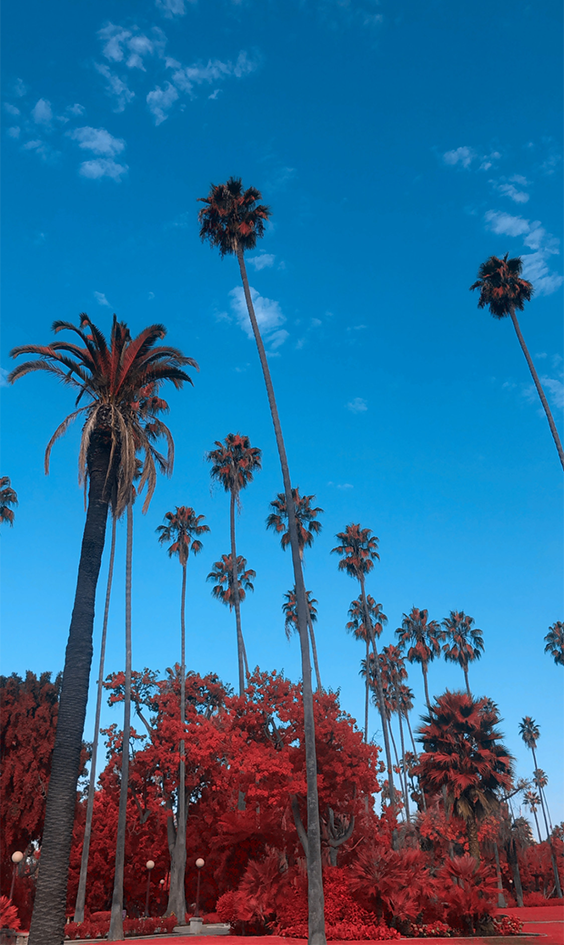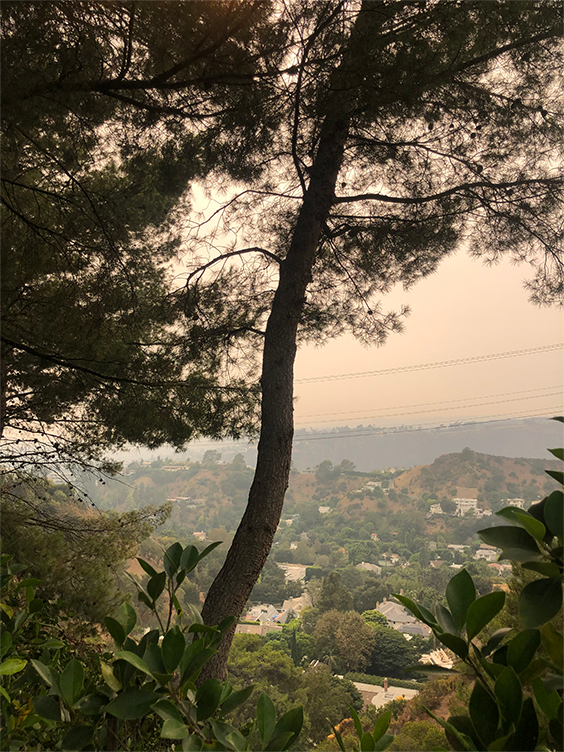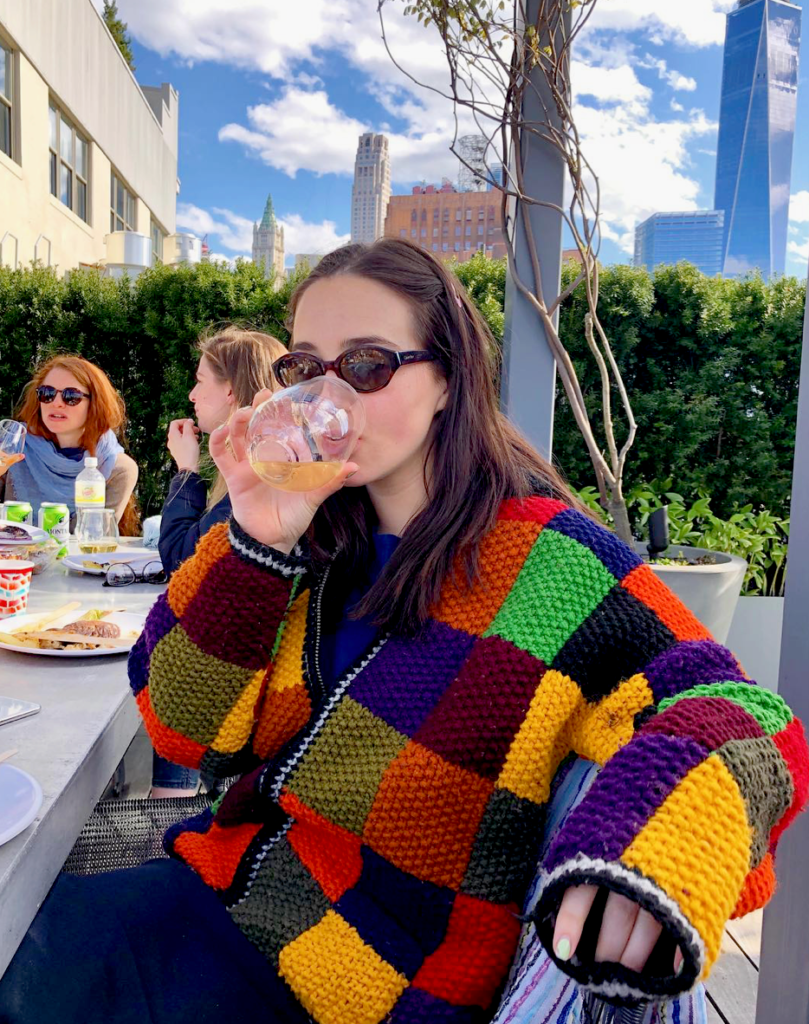In this issue, writer and illustrator Emily Sundberg takes a look at how her sense of home has shifted amidst a year of physical and emotional displacement, in A Mandatory Home Renovation.
As we close out one of our history’s most tumultuous years, we thought about what theme would make the most sense for our final issue of 2020. We were stumped. And drained. And…well, you get it.
So, we reached out to a contributor that we have been a fan of for years, and asked her what theme she thought would be the most fitting. Emily’s answer was perfect: Home.
While our past issues have been jam-packed with content galore, we realized that Emily’s essay was one that could—and needed—to stand on its own. Because we don’t need anymore noise to close out this year. We just need to be gently reminded that there is always one constant. Home.
In the 1975 Maysles brothers documentary Grey Gardens, a mother-daughter duo (both named Edith Beale) are portrayed as eccentric—if not crazy—for never leaving their East Hampton home, eating food out of cans, and playing dress up for one another. This year, the COVID-19 pandemic similarly left us faced with never leaving our homes, eating food out of cans, and only playing dress up for those we live—or Zoom—with. Critics called these acts a groundbreaking form of documentary-making that evoked shock and fascination from audiences. We call it surviving 2020.
Home has always been more of a geographic than a physical word for me. It meant NYC’s yellow taxis; four distinct seasons; always being close enough to my family that I could take the LIRR to visit them on a work night, but far enough that I could stay away for months and it would be understood.
This year, seemingly overnight, my home felt like it switched from a sparkling playground to the inside of a pocket. No more opening strangers’ medicine cabinets at parties, or watching college students holding hands as they walked in circles around the park, or walking down sidewalks ripe with the smell of roasting peanuts. This year, my sense of home shrank to the walls of my apartment. If the stage was my Brooklyn close quarters, the music was the ambulance sirens that wouldn’t stop, and the special effects were the sounds of the confused talking heads on every news station and workplace virtual meeting.
“This year, my sense of home shrank to the walls of my apartment.”
My boyfriend and I escaped the chaos (and reckoned with our bicoastal privilege) when we shacked up in Los Angeles at his parents’ house for the first half of the year. Upon landing at LAX, we stared at the front page of papers lined up in Hudson News, tightened our masks, and dove straight into heavy slices of humble pie. The orange sun and citrus trees felt ostentatious in comparison to the damp spring streets of Park Slope we’d left behind. I searched for grace and safety in sheets of focaccia and pots of herby beans and walks around Beverly Hills. I searched for a home in one that felt nothing like mine. My grandfather died, I was laid off, I felt crazy, we flew back to New York.
“It’s very difficult to keep the line between the past and the present,” says Edith Beale in Grey Gardens, which later became one of the film’s most memorable lines. If this year provided something for me, it was a thick, long line that marked BEFORE and AFTER. Summer allowed for warmth, reset, reflection, and icy negronis. I stepped into fall with new concepts of comfort and home: we can choose to carry both within us instead of seeking them out.
I sat on a beach recently and turned a sea snail over in my fingers. I wonder if the snail knows how small its home is, or if it feels stuck. Maybe it just feels safe knowing it has what it needs.
If the snail and the Beales present a lesson, it’s that you don’t need outside validation to tell you what home should look like. It might be something you carry on your back. It might be somewhere you hoard memories until they physically weigh on you. Maybe it’s a feeling you’re able to reach through deep meditation, stretchy yoga poses, and faithful prayer (if this is you, I’m envious).
“If the snail and the Beales present a lesson, it’s that you don’t need outside validation to tell you what home should look like.”
As the year closes and I watch low numbers of cases become high again, I plan to explore the concept of nesting, which I imagine is the next best thing to hibernation. Instead of feeling stuck at home, I’m trying to feel safe at home. Instead of feeling powerless, I’m leaning into being vulnerable. My perception of home (a place, a body) has been a bit wonky these past few months; I know I haven’t been there for quite some time, but I’m looking forward to renovating it.

